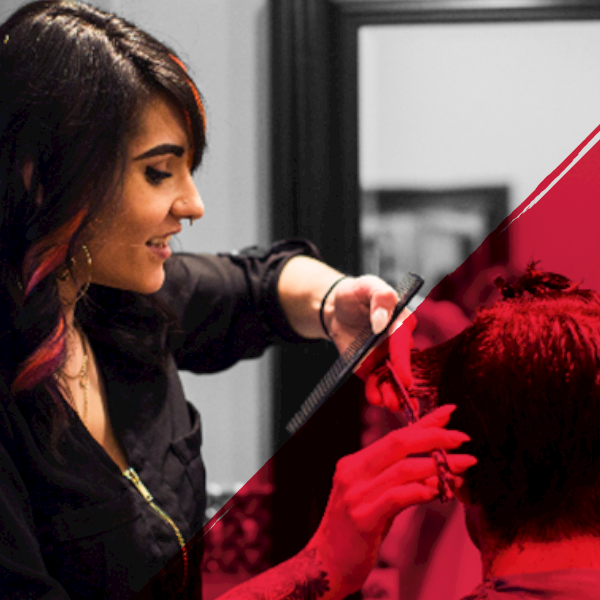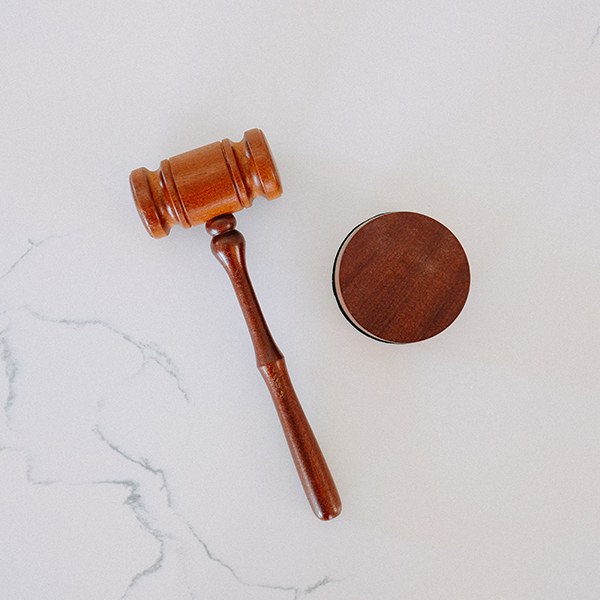Stay updated on the latest updates for Legislative Season this year!
Summary – Reduces the number of hours in a cosmetology course a person must complete before obtaining a cosmetologist’s license from one thousand five hundred to one thousand. Also reduces the number of training hours a person must complete before receiving a license to practice hairstyling from one thousand to six hundred.
Status – Referred to House Commerce Committee
Summary – This measure exempts individuals whose activities are limited to blow-dry styling or braiding from licensure as a barber. This measure clarifies that the term “barbering” does not apply to blow-dry styling or braiding if not other activities requiring a license are performed. Blow-dry styling is distinct from the practice of barbering, hair designer, or cosmetology. Blow-dry styling does not include the application of dyes, bleach, reactive chemicals, keratin treatments, or other preparations to color or alter the structure of hair, or shampooing or conditioning hair to which dyes, bleach, reactive chemicals, keratin treatments, or other preparations to color or alter the structure of hair have been applied on the same day. This measure also exempts braiding and threading from cosmetology licensing requirements.
Status – Failed
Summary – This measure allows an individual to engage in threading without a cosmetology license.
Status – Failed
Summary – This measure authorizes licensed cosmetologists to practice at a customer’s home.
Status – Amended to change the subject of the bill outside of cosmetology, failed.
Summary – This measure allows an individual to engage in threading without a cosmetology license.
Status – Signed by Governor, takes effect July 1, 2022.
MINNESOTA HF 2370 AND MINNESOTA SF 2126
Summary – Exempts hairstyling, makeup application, and eyelash application from licensing and establishing cosmetology apprenticeships.
Status – Failed
Summary – States that the state must not enforce any statute, session law, or administrative rule that relates to an occupational licensing requirement.
Status – Failed
Summary – This measure creates a “hair technician license”. “Hair technician” is any person who, for compensation, performs personal services for the cosmetic care of the hair, including cutting the hair and the application of dyes, bleach, reactive chemicals, keratin, or other preparations to color or alter the structure of the hair.
Status – Failed
Summary – Creates a single 3-year practitioner license with various endorsements, allows special event permit eligibility for all licensed practitioners, requires registration for unlicensed hair and makeup artists, CE provider improvement
Status – Failed
MINNESOTA HF 554 AND MINNESOTA SF 691
Summary – This measure is authorizing local government licensing of facilities for barbering and cosmetology and repealing state licensing of barbers and cosmetologists.
Status – Failed
Summary – This measure allows a licensed cosmetologist to not be required to maintain a principal office, place of business, or employment in order to engage in the practice of cosmetology.
Status – Failed
Summary – Will remove arranging, dressing, curling, waving, cleansing, applying makeup, applying eyelash extensions, and removal of hair from the definition of cosmetology.
Status – Referred to study by Senate Executive Departments and Administration Committee, unlikely to receive further consideration this session.
Summary – Will eliminate the requirement of a license for a natural hair stylist and will require salon assistants to receive a license to operate in the state.
Status – Amended to remove provisions related to cosmetology
Summary – Under this measure, the provisions of the Oklahoma Cosmetology and Barbering Act are not applicable to cosmetologists or hairstylists providing services to employers engaged in the theatrical, radio, television, or motion picture production industries, modeling, or photography businesses.
Status – signed by Governor, takes effect November 1, 2022.
Summary – Amends existing law to allow the use of a facility other than a licensed cosmetology or barbershop by a licensed or certified practitioner without requiring an emergency.
Status – Failed
Summary – This measure allows for a private certification organization for occupations. The organization must set certificate requirements that relate to the occupation and post them online, as well as have fifty certified individuals within a year of registration as an organization. An individual who is certified through the organization for an occupation is legally allowed to practice that occupation.
Status – Failed
Summary – Would require all salons and spas to be licensed and regulated by the PA Department of State and the statute explicitly prohibits “booth rental” In these facilities.
Status – First chamber
Summary – Establishes requirements for hair design licensure. Hair design means arranging, styling, thermal curling, chemical waxing, pressing, shampooing, cutting, shaping, chemical bleaching, chemical coloring, chemical relaxing, or similar work on the hair, wig, or hairpiece of a person, by any means, with hands and mechanical or electrical apparatus or appliance.
Status – Failed
Summary – This measure prohibits a county, municipality, or local health department from:
- Requiring a license or permit to engage in certain cosmetology practices without compensation; or
- Regulating where a person engages in cosmetology practices without compensation.
Status – Failed
Summary – Directs the Board for Barbers and Cosmetology to require completion of no more than 1,000 hours of training in the field for which an applicant for a license to practice cosmetology seeks initial licensing.
Status – Hearing held House Committee on General Laws, eligible for consideration next legislative session
Summary – Would prohibit the enactment or application of local laws for the registration, certification, or licensing of any trade, occupation, or profession.
Status – Failed
Summary – Would remove the requirement that barbers and cosmetologists must complete continuing education to renew their licenses.
Status – Signed by Governor, took effect May 22, 2022
Summary – This would prevent the Board of Barbers and Cosmetologists from regulating the use of hair, nail, skin, and other beauty products that are commonly available as retail, consumer products.
Status – Failed
STAY INFORMED ON ISSUES AFFECTING THE BEAUTY INDUSTRY!



